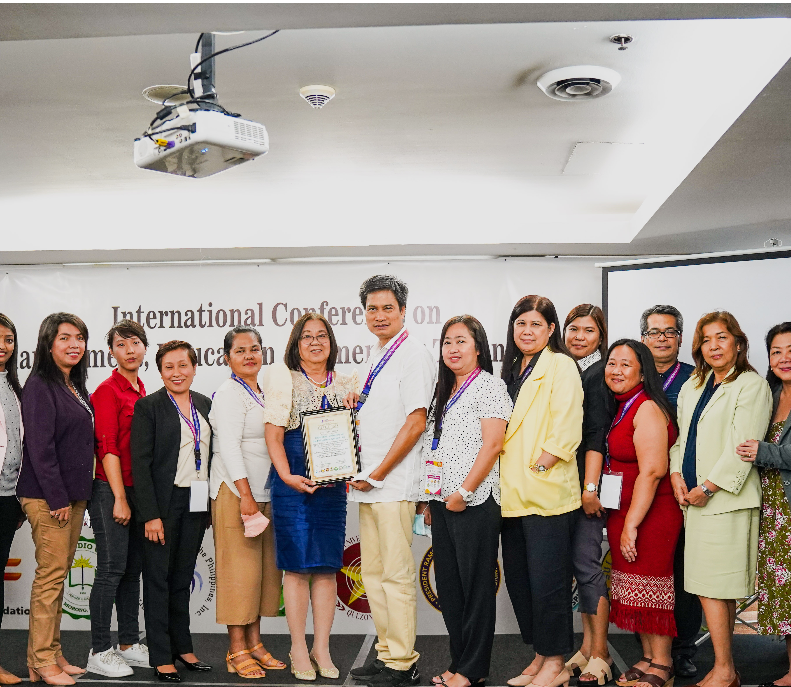From Planning to Execution: A Complete Guide to Virtual Event Management

At ZEP Research, we understand the complexities of organizing successful research-driven virtual events. From planning to execution, every step must be meticulously thought out to ensure that your virtual conference, seminar, or workshop runs smoothly and provides value to its participants. This comprehensive guide will walk you through the virtual event management process, offering actionable insights and best practices for hosting seamless and impactful events.
Why Virtual Events Are Crucial for Research
Virtual events have emerged as a powerful alternative to in-person conferences and seminars, especially for the research community. Here’s why they are becoming increasingly popular:
Global Reach: Virtual events break down geographical barriers, enabling researchers and professionals from around the world to participate without the constraints of travel.
Cost Efficiency: Hosting a virtual event significantly reduces costs associated with venue rental, travel, accommodation, and catering, making it more budget-friendly.
Flexibility: Participants can attend from anywhere, increasing accessibility for those in different time zones or with busy schedules.
Data and Analytics: Virtual platforms provide detailed insights into attendee engagement, allowing organizers to measure the success of their event and improve future efforts.
Sustainability: By reducing travel and the need for physical resources, virtual events are a more sustainable option for hosting conferences and workshops.
Now that we’ve established the importance of virtual events, let’s dive into the key stages of virtual event management, from planning to execution.
1. Pre-Event Planning
Proper planning is the foundation of any successful event, and virtual events are no exception. The planning phase involves determining the goals of your event, selecting the right platform, and creating an agenda that aligns with your objectives.
a) Defining the Event Goals
Before diving into the logistics, it’s important to clearly define the goals of your event. Ask yourself:
What do you want to achieve with this virtual event?
Who is your target audience?
What type of content will you present (research papers, keynote speeches, panel discussions, workshops)?
For research-focused events, such as those hosted by ZEP Research, goals might include disseminating new findings, fostering collaborations, or discussing the latest trends in a particular field.
b) Selecting the Right Platform
Choosing the right virtual event platform is crucial to the success of your event. Some key factors to consider when selecting a platform are:
Capacity: Ensure the platform can handle the number of attendees you expect.
Features: Look for platforms that offer features like breakout rooms, Q&A sessions, virtual networking spaces, and real-time audience engagement tools.
Ease of Use: The platform should be user-friendly for both organizers and participants.
Technical Support: Make sure the platform offers reliable technical support in case any issues arise during the event.
Popular platforms for research-driven virtual events include Hopin, Zoom Events, Whova, and Airmeet, which are designed to offer seamless experiences for both small and large-scale events.
c) Creating an Engaging Agenda
A well-organized agenda is essential to keep participants engaged throughout the event. Consider offering a mix of sessions, such as:
Keynotes from industry experts or researchers.
Panel Discussions featuring multiple speakers from different research fields.
Breakout Sessions for in-depth discussions on specific topics.
Poster Sessions to allow researchers to present their work in a virtual format.
It’s important to structure your agenda to accommodate different time zones if your audience is global. Offering session recordings can also help participants access the content at their convenience.
2. Marketing and Promotion
No matter how well-organized your event is, its success ultimately depends on the number and quality of participants. Successful marketing is essential for drawing the right audience to your event.
a) Building a Website or Landing Page
Create a dedicated website or landing page for your virtual event. This should include all essential information, such as the event schedule, speaker bios, registration links, and instructions on how to access the event. Ensure that the page is optimized for both desktop and mobile users.
b) Leverage Email Marketing
Email marketing remains one of the most effective ways to promote virtual events. Build a targeted email list that includes researchers, academics, and professionals in your field. Send out regular email updates leading up to the event, including reminders and last-minute details.
c) Social Media Promotion
Promote your event on social media platforms like LinkedIn, Twitter, and Facebook. Create a unique event hashtag to generate buzz and allow participants to engage in conversations online. Consider reaching out to Click Hereindustry influencers or experts who might share your event with their networks.
d) Collaborating with Partners and Sponsors
Partnering with relevant organizations, academic institutions, or industry sponsors can expand your reach. These partners can promote your event to their networks, increasing registrations and overall engagement.
Conclusion
Effective virtual event management requires careful planning, strategic marketing, and seamless execution. By following these steps, you can ensure that your virtual research events are well-organized, engaging, and impactful. At ZEP Research, we are dedicated to helping researchers and organizations navigate the complexities of hosting virtual conferences, seminars, and workshops. Whether you’re organizing a small webinar or a large-scale global conference, the right virtual event management strategy can make all the difference in delivering a successful and memorable experience Click Here.







